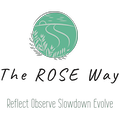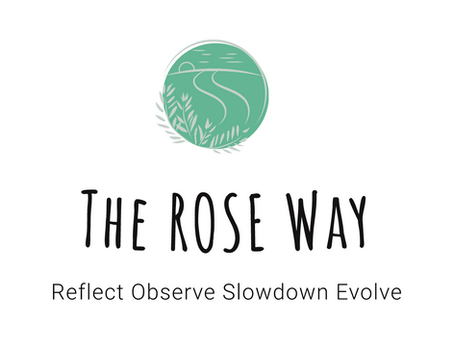Did you know that 3 – 5 year olds are awake approximately 5000 hours/year and potentially almost half of those hours could be in an early learning centre?
The first part of this statistic that alarms me is that there is not potentially enough understanding about the significance of quality programs in early learning and the second part is that families do not have the information, understanding or time to research what ‘quality’ looks like.
With such a big responsibility on early learning services, are educators really getting enough professional learning to keep their practices up to date and in line with current research?
Attending a session on ‘Healthy Kids’ by Queensland health, I was privileged to listen to Dr Alice Brown from USQ who gave the participants this incredible statistic that really made me sit up in my seat. I began immediately reflecting on brain research and the first 1000 days and are alarmed at the number of educators that seem to be unaware or lack knowledge around this. How could that be? How can such an important piece of information to understand children’s growth and learning be not known? It baffles me every time it happens. Then there is the fact that many, new parents are not informed about the importance of these first 1000 days either. How can a parent make a choice about which early learning environment is going to be the best for their child if they don’t have the knowledge about this?
Every second makes a difference in those first 2 – 3 years of a child’s life Dr Brown went on to say that ‘early experiences builds brain architecture so they must be positive.’ If, as an educator we are aware of this then the lens we see the child who suffers from severe separation anxiety, starts to look different. I am aware of too many occasions where educators make off the cuff comments like ‘they just get carried around at home all the time and we can’t do that’ or ‘they just have to learn that we can’t pick them up all the time.’ It is like the educators have convinced themselves that they are building the child’s resilience, but if they were more educated on the first 1000 days, they would understand that is toxic stress derails the child’s health and resilience. In saying that any trauma is not good but if educators are not knowledgeable about the impacts then it is not prioritised as it should be.
We are currently going through what is considered a ‘world pandemic’ with COVID-19 and this means so too are our children. Families are under such high levels of pressure whether it is financial, emotional or physically as they work extensive hours because they are on the front line. No matter how hard they try to shelter their children from it, the children will be feeling it. How do you explain to a child that there is ‘world pandemic’ if we don’t even understand it ourselves? This is where early learning place environments to stand up and be counted. It is our time to shine.
Early adversity is one of these factors, and trauma affects the brains growth and development. However, Dr Brown shared that stable and responsive relationships can reverse parts of the negative trauma. The way in which we conduct ourselves in the early learning setting can counteract any stress that may be occurring in other parts of children’s lives about COVID-19.
Bronfenbrenner’s ecological theory is an opportunity to understand the different influences of human behaviour and COVID-19 is such a great example of how the macrosystem is currently affecting how the child grows. The system that I have found the most interesting is the Chronosystem – the role of time in a child’s growth. We rarely get to see how this plays out for the child and even though this will be the case with children now I can’t help but wonder what the longterm effects of COVID-19 will be. Tensions and worries that are occurring in the family home will in some way or another influence how the child develops an opinion. For example, if a child is witnessing their parents or other adults in shopping centres being aggressive and fighting over commodities, I have to wonder how this impact on them in the future.
We cannot and should not pretend that we know what to say about a world pandemic.
We can only control our behaviour and actions.
o Firstly, no matter how difficult things are for you it is imperative that you drop your worries at the door and pick them up on the way out. Children have a right to expect that you will be the best educator you can be if you have shown up to be with them.
o Secondly, we must not talk about it in the playground or when we are patting them to sleep. This is their time to be with you and your engagement is crucial.
o Most importantly we need to research ourselves how to support children in times of crisis and further educate ourselves. No matter how experienced an educator is, it is important to remember that they have not been through a world pandemic. There is so much out there to support educators, families and children so invest 30 minutes to find it.
What can we do? We can be calm. We can be ourselves. We can create a place of predictability and normality for children. If they are with us for such a large period of their awake time as Dr Brown outlined then we have a responsibility to ensure that everything we say, everything we do is quality and the highest quality at that.
Carrie Rose

